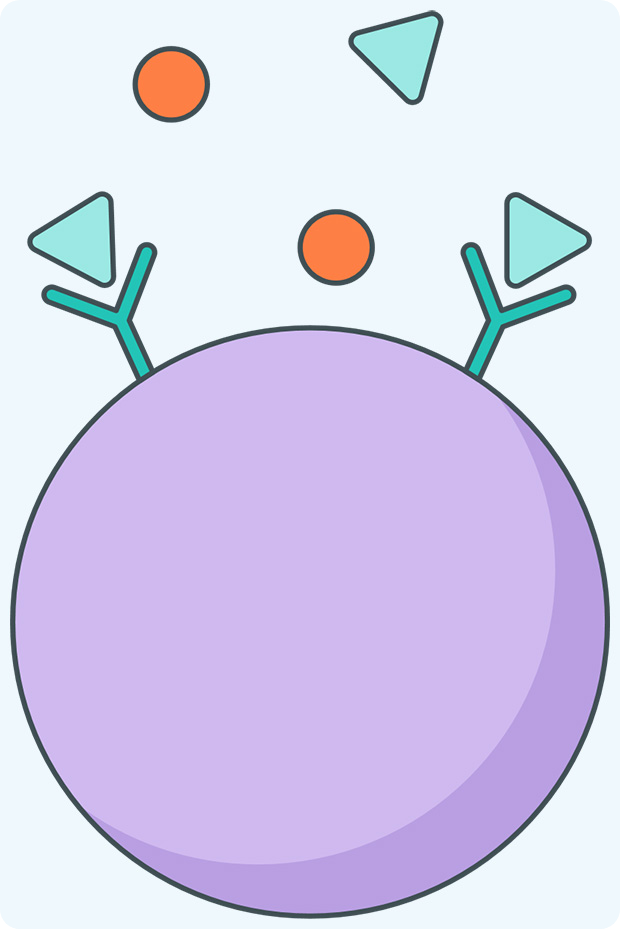

nPOD KQ group: Beta- and/or islet specific targets for a variety of studies

This working group aims to identify the most useful beta- or islet-cell-specific targets for applications such as imaging, small molecule delivery, and immune targeting (e.g., CAR-Treg, therapeutic antibodies). The focus will include targets like peptide/HLA complexes and receptors. Although antigen-presenting cells in islets and pancreatic lymph nodes might limit the specificity of some peptide/HLA complexes for certain applications, they could be beneficial for others.
Given the significant interest in targets specific to stressed beta cells, the group will compare these targets to those expressed by other endocrine and immune cells, depending on the intended application. Additionally, the group will examine antigen specificities beyond insulin and consider the differences in antigen display between inflammatory and basal islet states.
The group’s goal is to determine if existing pharmacological agents can help identify these targets and whether bispecific monoclonal antibodies targeting two different beta-cell markers can overcome the lack of specificity seen with individual markers.
Leaders

Dr. Roberto Mallone
Paris Cité University and Cochin Hospital, France
R. Mallone received his MD PhD degree from the University of Turin, Italy. After a Postdoc with Jerry Nepom at the Benaroya Institute in Seattle, he moved to Paris where he is currently Professor of Immunology at Université Paris Cité, Diabetologist at the Cochin Hospital and leads a research team at the INSERM Cochin Institute. He is also director of a satellite research lab at the Indiana Biosciences Research Institute in Indianapolis. His research spans from preclinical studies with human samples and mouse models to clinical trials. It focuses on autoimmune T cells and their dialogue with pancreatic beta cells to understanding type 1 diabetes mechanisms and develop novel biomarkers and therapeutics.
Major contributions to the field include the demonstration of the role of CD8+ T cells in beta-cell autoimmunity, the description of the antigen display (immunopeptidome) of human beta cells, the development of T-cell assays to clarify disease mechanisms and therapeutic modifications, and the exploration of perinatal tolerogenic vaccination strategies. More recently, he described a universal state of ‘benign’ islet autoimmunity imprinted in the thymus and the antiviral T-cell responses mounted against Coxsackieviruses.

Dr. Qizhi Tang
University of California San Francisco, USA
Dr. Qizhi Tang is a professor of immunology at the University of California, San Francisco (UCSF), affiliated with the Diabetes Center, the Department of Surgery, the Gladstone Institute of Genomic Immunology, and the Institute of Regenerative Medicine. Her research focuses on understanding regulatory T cell control of autoimmune diabetes and transplant rejection, aiming to translate basic mechanistic insights into novel therapies. Her therapeutic approaches include developing cellular engineering strategies to enhance the potency and lineage stability of human Tregs and optimizing beta cell replacement therapy for type 1 diabetes by improving islet survival and devising strategies to prevent immune rejection without systemic immunosuppression.